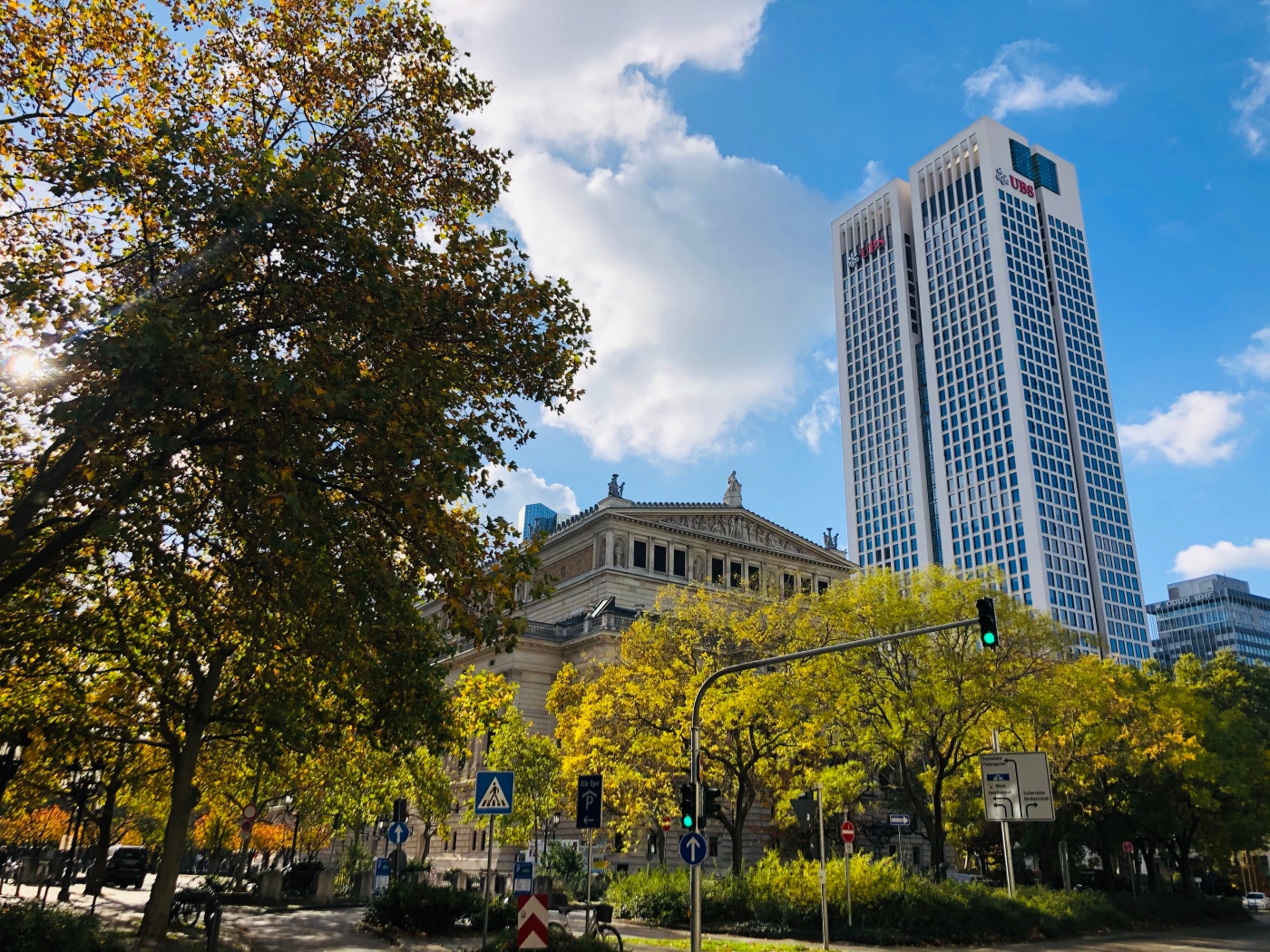Along with Beer, Pretzels and the Autobahn, Germany is well known for it’s ‘Ordnung’, often translated as ‘order’. However, when exploring the assumed order, organisation and efficiency of German culture, there seems to be more than what meets the eye.
Before delving into the topic, I feel a definition is appropriate:
Rumour: “An unofficial interesting story or piece of news that might be true or invented, and quickly spreads from person to person.”
After reading various opinion pieces on ‘Ordnung’, I’d say it’s definition has developed in the same way that rumours do. The tale of German ‘Ordnung’ has been passed from person to person, romanticising the way of life in Germany, and unfortunately often leaving internationals disappointed.
This isn’t to say that ‘Ordnung’ is always negative, not in my experience anyway. I turned up to my Erasmus university back in 2011, with numerous forms laid out in front of me containing absolutely everything that I needed for the next six months. I instantly took a liking to the thoroughness of German culture. I felt relieved not to be scrambling around trying to work out what was going on, like when I did my first semester abroad in Spain. What I didn’t know back then, is that this was only the foot of the mountain of paperwork that I’d have to climb throughout my time in Germany.
Although all this paperwork may give the impression of order and organisation, the truth is, that ‘Ordnung’ doesn’t really mean ‘order’. After studying the German language and culture, and living here for a total of 5 years, I would say that ‘Ordnung’ translates closely to ‘regulation’. More specifically, ‘rules and regulation’.
And the penny drops! Thinking about technology and commercial banking in Germany still makes me want to take a deep breath, close my eyes and put my head in my hands. It’s only since the pandemic that there’s been an increased availability of contactless payment rather than cash. But when thinking about it in terms of regulation, this is really no surprise! Changing anything over here generally means changing the rules, and also making sure you follow the rules for changing the rules. On the up side, there are many rules that protect the people of the society. For example, German’s have loads different insurances, like really – you name it, they’ve got it. On the down side, it’s a never ending circle of forms and snail mail. I find that the excessive bureaucracy often hinders innovation.
Here’s another example of rules and regulation: German ‘Ordnung’ is my rental contract stating that you are only allowed to play music for one hour a day on the weekends. It’s a shame this doesn’t apply to running on a treadmill – my neighbours love their new lockdown toy 🙃. I guess everyone is doing what they can to get through the pandemic, it’s just unfortunate that even my colleagues in Teams meetings are used to the rhythmic thumping.
I can’t tell you how the rumour of German ‘Ordnung’ managed to become what it is today. But if you’re wondering why Germany is so thorough and – *whispers* – slow when it comes to new processes, it’s worth noting that this could be the remains of Prussian virtues, lurking within modern German culture.
Anyway, rumours will be rumours. Just don’t be fooled into thinking that ‘Ordnung’ equates seamlessness – you’ll only be let down. To wrap things up, I can’t complain about day-to-day life over here but, I am still climbing my ever-growing mountain of paperwork.


Wow lIsa you are always nailing. You make me feel sane.
LikeLiked by 1 person